
A 40-point drop in approval. That’s more than a headline it’s seismic change. In a matter of months, Donald Trump’s net approval among 18- to 29-year-olds has plummeted from about even on the day of his inauguration to a whopping minus 40 by July, based on YouGov data analyzed by G Elliott Morris. It’s not a blip this is a generational reckoning, and it has ripple effects way beyond the polls.
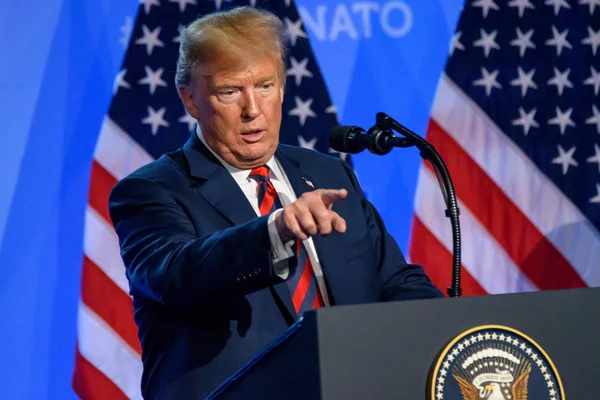
1. The Loss of Gen Z Support for Trump
The stats are indisputable Trump’s popularity among Gen Z tanked from -23 in May to -41 in June, with just 27% of young voters now approving his performance. Poll after poll verifies the trend Quantus Insights, ActiVote, and YouGov/Economist all register a precipitous drop in support. What’s driving the exodus? As youth political behavior specialist Lucas Walsh has said, “These younger voters tend to care less about red and blue party lines and more about issues, especially progressive ones, and issues that impact the bottom line of their everyday lives.” The Epstein files controversy and refusal to provide all documents have only added to the disillusionment, creating a sense that transparency and trust are scarce.
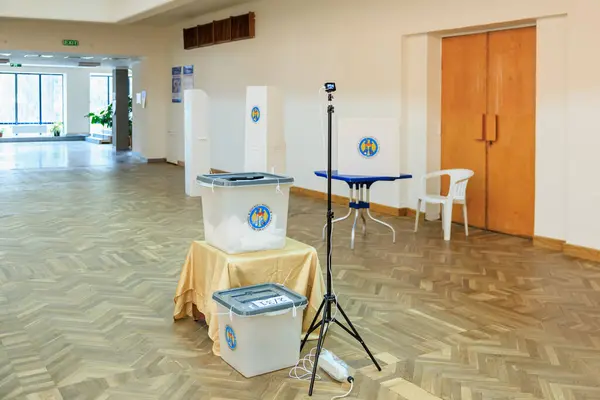
2. Discontent Isn’t Fueling a Democratic Surge
Here’s the twist Gen Z’s dissatisfaction with Trump isn’t a love affair with the Democratic Party. Axios says that even as Trump’s popularity is plummeting, Democrats are still intensely unpopular among young voters. Just 28% of Gen Z see the party in a positive light, and 54% are unfavorable lower than on the eve of Trump’s inauguration. The Quantus poll highlighted this “political homelessness,” as 43% of Gen Z indicated neither party aligns with American values. This is not apathy it’s a call for something authentic.

3. Economic Uncertainty and Legislative Resentment
Gen Z’s distrust isn’t personality-based it’s policy-based. Trump’s management of the economy is negative only 36% of Americans approve of his inflation approach, while nearly two-thirds disapprove. The figures on his “one big, beautiful bill” are even more stark nearly a half of young people think it will hurt their families, particularly with Medicaid cuts despite promises during the campaign that it would be spared. As Lucas Walsh describes it, “Economic hardship and uncertainty tends to fall disproportionately on young people during downturns,” so concerns about job security, rent, and student loans become deeply personal battles for this generation. Economic conditions are a prime motivator for voter mood.

4. The Psychological Cost of Political Instability
It’s not all about politics it’s about well-being. Research among young adults in the midst of political unrest, such as in Lebanon, shows that well-being declines with increased anxiety and depression. Approximately 80% of young adults in one such study were extremely intolerant of uncertainty, and those with poor coping skills bore the brunt. The American Psychological Association points out that close to two-thirds of millennials and Gen Z report feeling gravely stressed about politics, with many altering social media usage or suspending life plans. When the news appears nonstop, the emotional repercussions are not imagined.
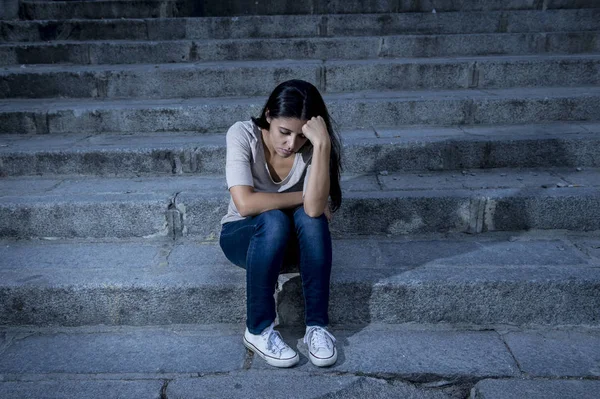
5. Why Disillusionment Runs So Deep
Gen Z’s distrust isn’t about any single leader or party it’s about a system that they don’t feel is listening. A recent report from CIRCLE/Protect Democracy discovered that even though most young people see value in democracy in theory, lots of them think “the democracy they are experiencing today cannot solve the nation’s problems and is not working well for their generation.” Three different profiles were identified passive appreciation, dismissive detachment, and hostile dissatisfaction. What they share in common? A desire for authenticity and influence.
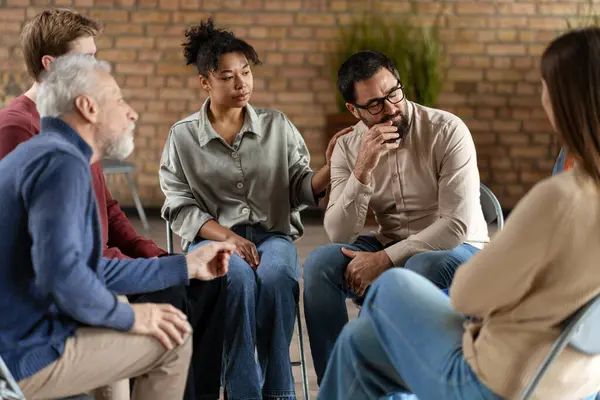
6. Coping with Political Stress and Meaning-Making
But how do young adults weather the tempest? Science reveals that adaptive coping mechanisms such as reframing, social support seeking, and engagement have a direct correlation with increased well-being. Adjusting the way you feel the crisis and acquiring soft skills can shield the emotional effects. As one study expressed it, “Altering subjective perceptions of distress and augmenting coping skill sets might enhance longitudinal trajectory of emotional distress and overall health in the working populace.” The American Psychological Association further notes political participation can have positive mental and physical health consequences from volunteering to urban agriculture.
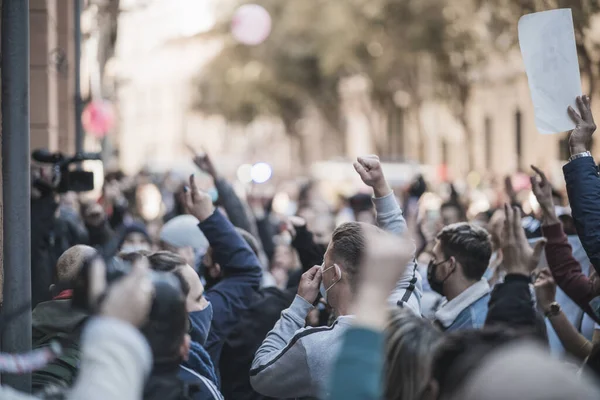
7. Effective Civic Engagement: Small Actions, Bigger Difference
Feeling hopeless is natural, yet doing something no matter how little counts. Over half of all adults indicated that they had been civically active over the past two years, and 78% intend to vote in future elections. For Gen Z, challenges such as lack of connection, awareness, and time can stand in the way, but even small actions such as signing a petition, volunteering, or participating in community conversation can increase a sense of agency. Campaigns like MSUvote’s Spring Spotlight Series demonstrate that constant discussion and apolitical voter education keep the spark of engagement burning even during off-years.
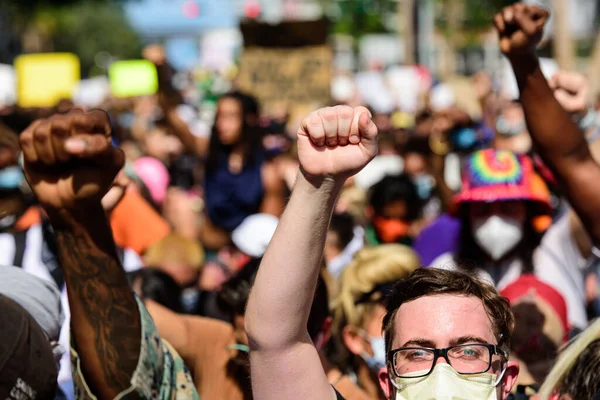
8. Taking Back Agency in a Distracted World
Feeling “politically homeless” or disillusioned isn’t a Gen Z phenomenon it’s an indication that a system is out of whack with its youngest members. But as publisher Judith Gurewich says, “If you give people a reason to suffer one that is logical and meaningful they will accept that suffering.” The task now is to discover or invent stories that make the effort towards change seem worthwhile, getting it not to feel like quixotic tilting at windmills. Universities, community organizations, and young leaders are well placed to instill that sense of worth, to facilitate tough conversations and develop resilience skills.

For Gen Z, it’s not waiting for a savior it’s about being present for one another, creating community, and discovering new forms of meaning-making in a world that can feel fractured. The call to action is clear remain active, lift each other up, and recognize that even small forms of civic engagement can catalyze hope and momentum.


